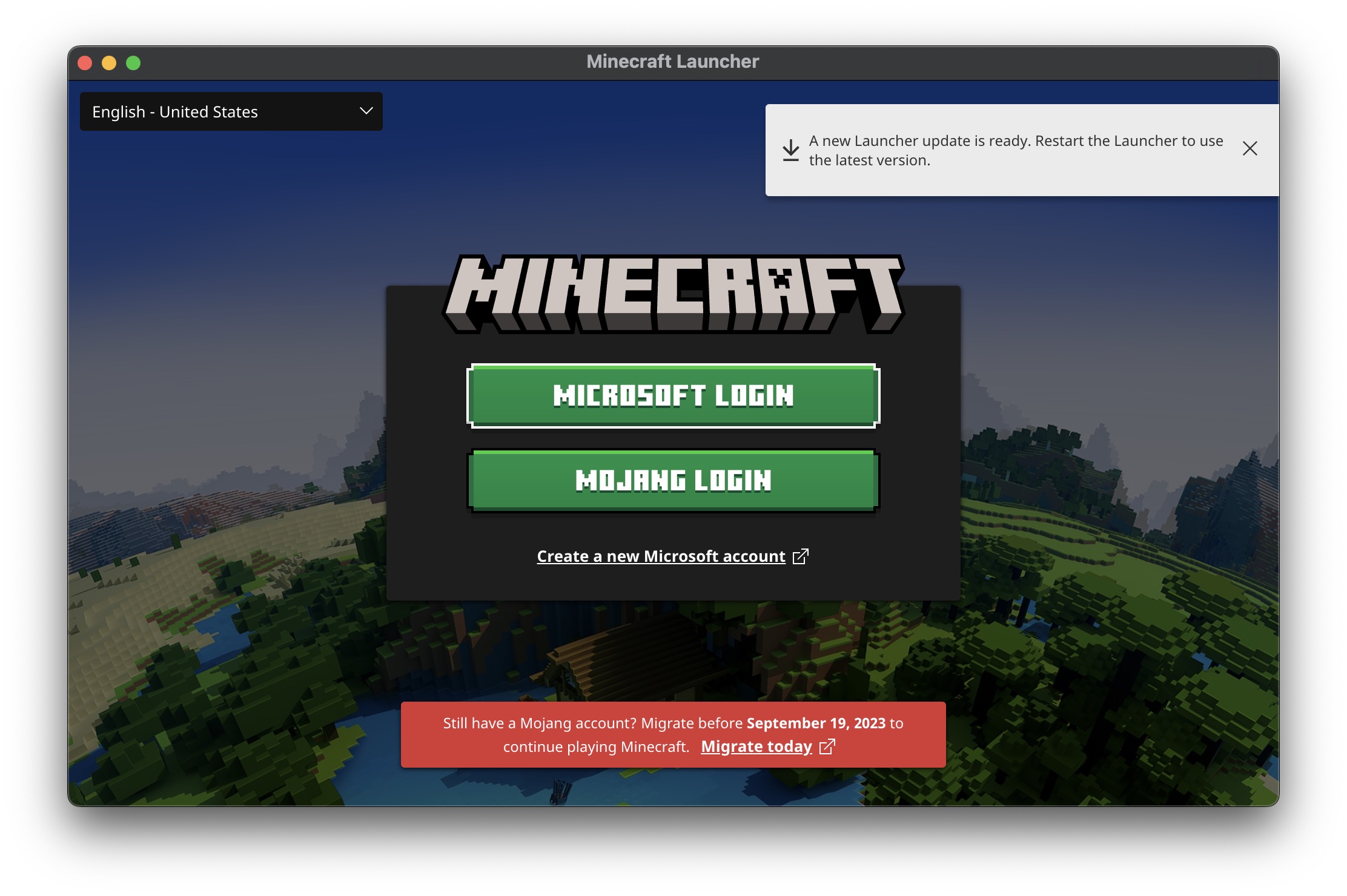
If you’re one of the many that still enjoys the most affordable Basic Netflix plan for $9.99 per month, we have some potentially bad news. Netflix no longer offers its cheapest ad-free plan in Canada, and there’s a good chance it’ll disappear for other regions soon.
Netflix currently offers a Basic plan that’s a good middle ground between its new ad-supported plans for $7 and the more expensive Standard plan for $15.49 per month. It’s an affordable choice that many have enjoyed for years, even if it’s not that great of an option.
However, the company recently removed it in Canada for new subscribers. Netflix confirmed the news to The Verge, saying its Basic $9.99 CAD subscription is only available to existing customers.
As a result, the only option now is to pay $5.99 CAD to get Netflix with ads, spend $16.49 CAD monthly on the ad-free Standard plan, or pay over $20 CAD for a premium account. And while Netflix hasn’t removed the cheap plan yet in the United States, it’s already hidden from the website. You’ll have to tap the “show all plans” during sign-up to even see an affordable $9.99 plan is available.

It’s worth noting that Netflix has slowly but surely increased prices over the last few years, and the Basic plan isn’t all that great. You stream movies and shows in 720p HD and can only watch on one device at a time.
Most users realize that’s not that great of an experience on a bigger TV or in households and end up jumping to the Standard plan with 1080p and simultaneous streams. Still, the fact that you can get a quality experience for only $10 is nice, but we have a feeling it won’t be around for long.
For those unaware, the new password-sharing policy went live in Canada first before eventually hitting US customers, so there’s a good chance Netflix is testing this removal before bringing it to other regions.
Essentially, new users in Canada will have to buy the new ad-supported plan or pay a lot more to access the vast collection of movies, shows, documentaries, and more available from Netflix. We’re expecting the same change soon in the United States.
via The Verge







